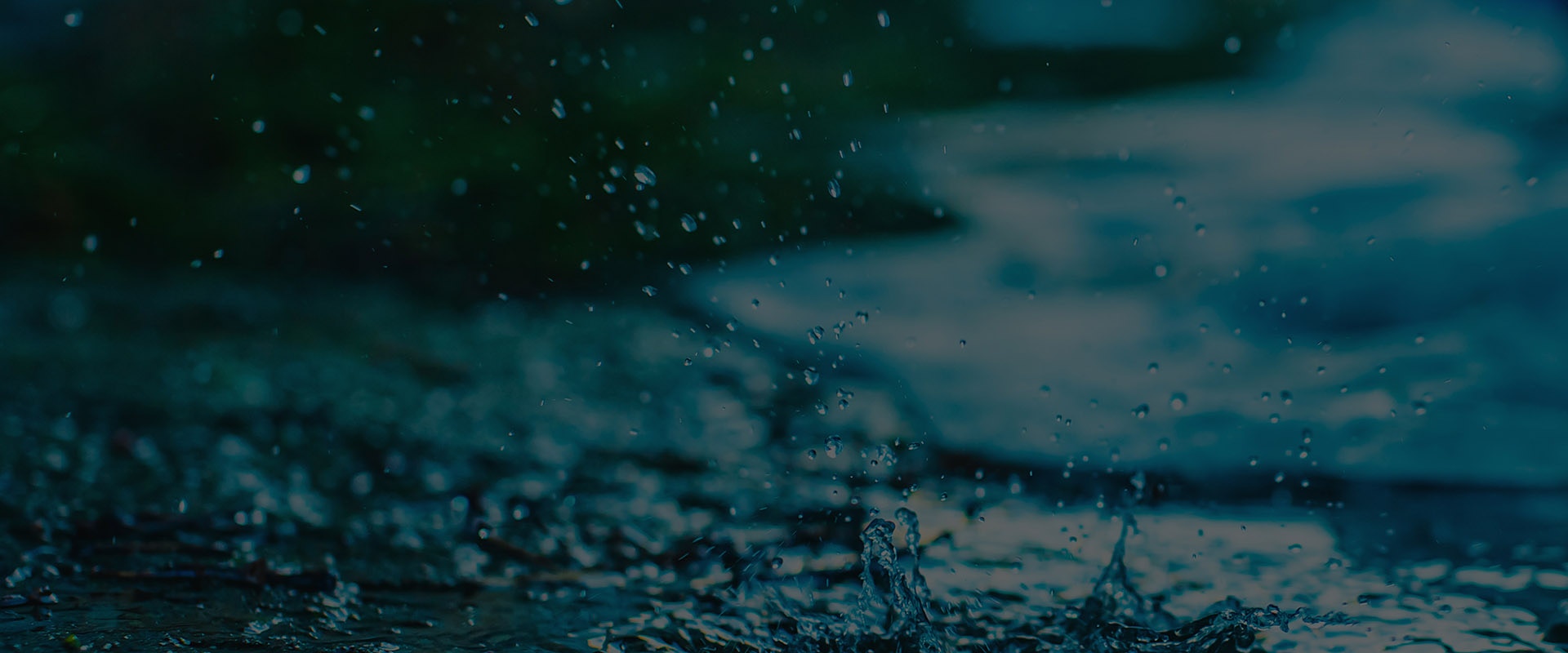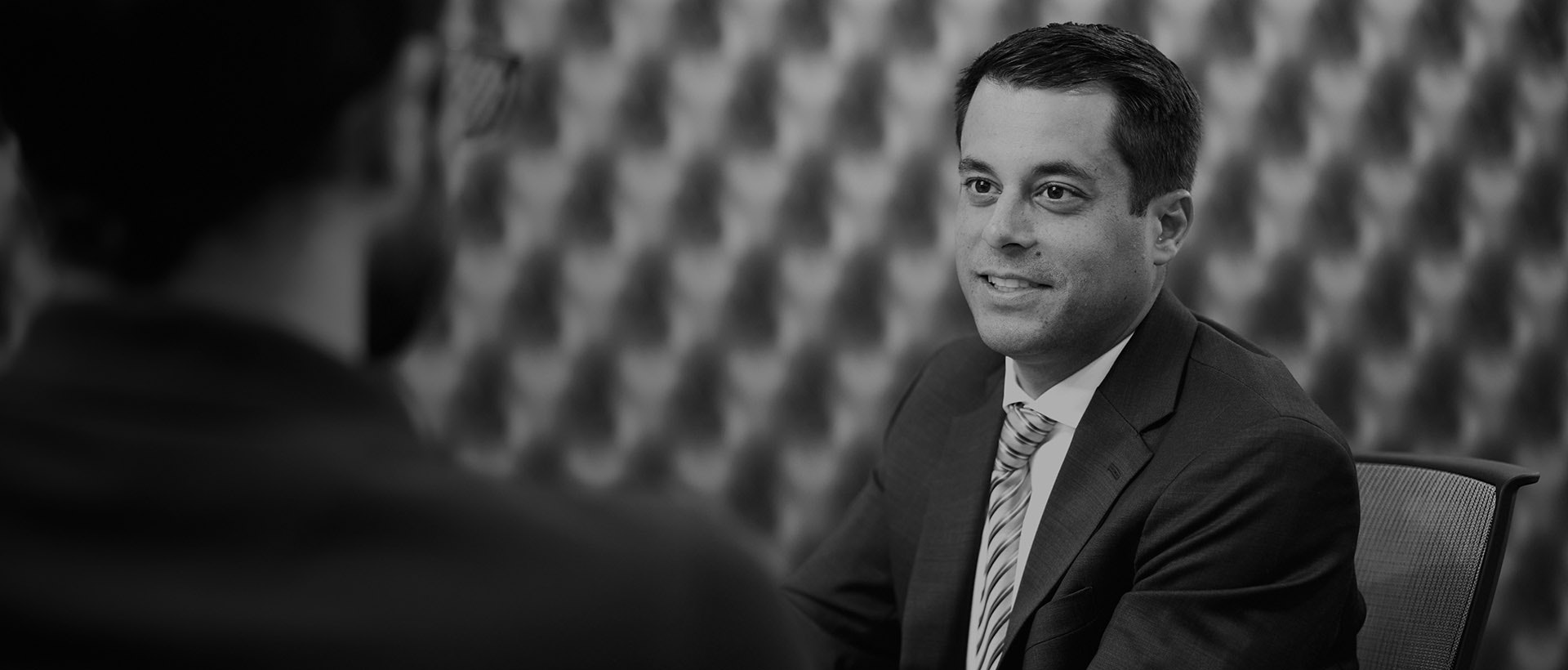Plumbing leaks can wreak havoc on New York homes, leaving you with staggering repair bills. When insurers respond with denials, delays, or low-ball payouts, Vargas Gonzalez Delombard, LLP steps in. Leveraging New York’s insurance laws, we fight to secure the full compensation you deserve. If your water-damage claim was denied or underpaid, contact us for a free consultation today.
Who Can Be Held Legally Liable for Plumbing Leaks in NY?
Landlords must repair and compensate tenants when water intrudes from building plumbing or another apartment. New York’s Warranty of Habitability (Real Property Law § 235-b) makes this duty non-waivable.
Alternatively, in co-ops and condos, the board or association must fix leaks that originate in common elements (roofs, risers, façade lines) and address any resulting damage to units.
Under DEP rules, the property owner is on the hook for frozen or burst service lines in one—to four-family homes and any interior pipe bursts linked to poor maintenance or inadequate heating.
Where a sudden burst damages an owner-occupied dwelling, the owner’s insurer should pay, provided the homeowner acts promptly to mitigate, document, and notify the carrier, as required by policy conditions.





